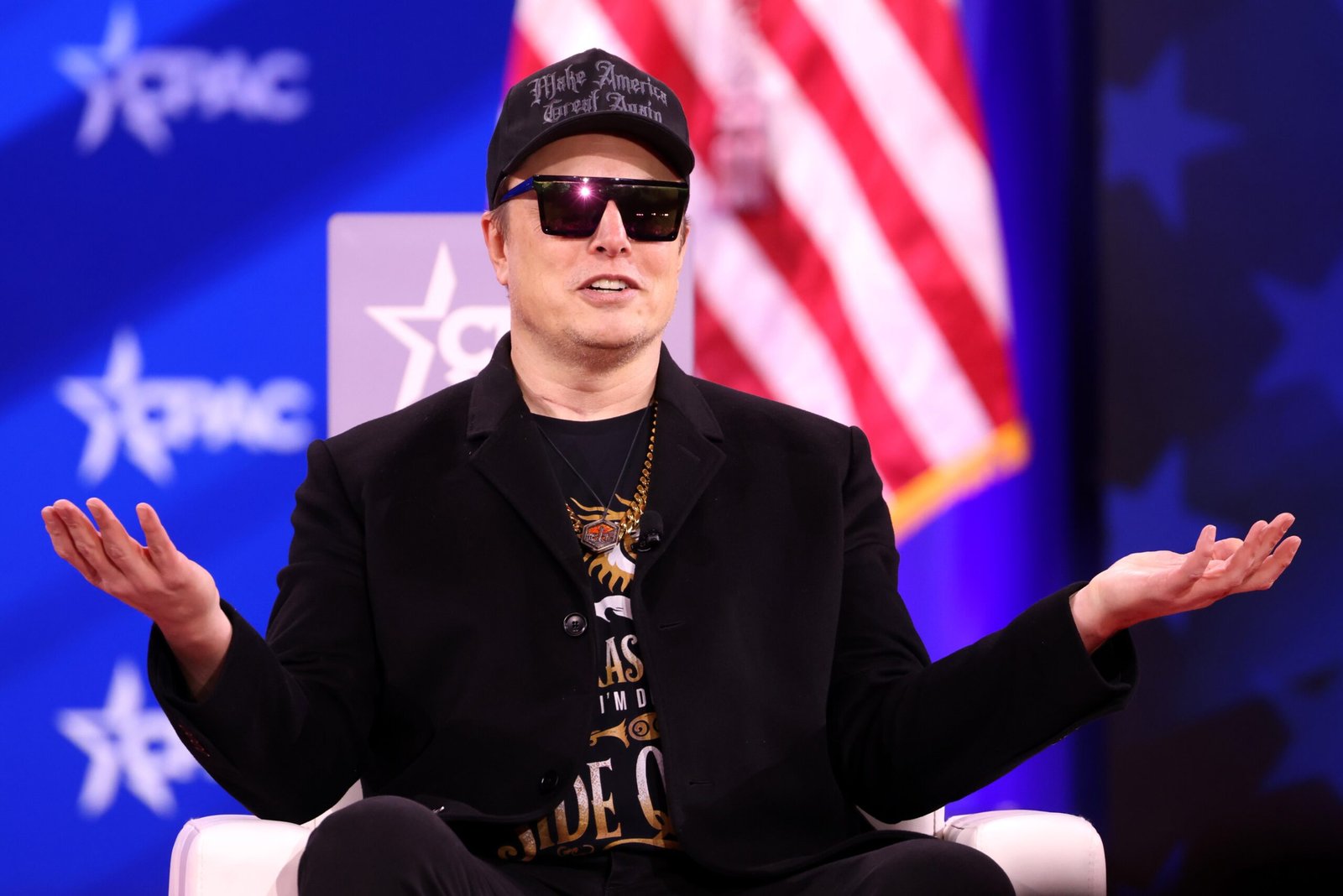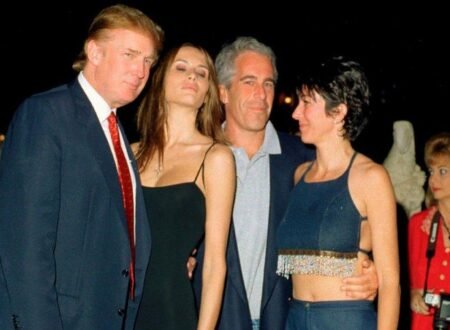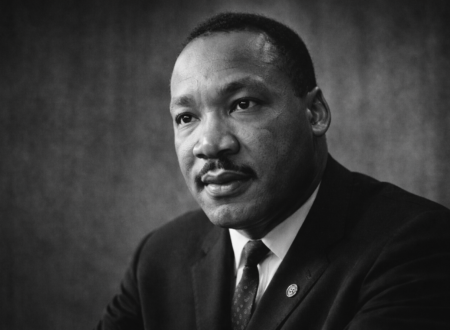The Genesis of a Visionary
Elon Musk, born on June 28, 1971, in Pretoria, South Africa, has become a global icon for entrepreneurship, leading transformative companies like Tesla, SpaceX, Neuralink, and The Boring Company. His journey, marked by innovation and ambition, is also fraught with controversy, especially with his recent political role as of April 7, 2025. This article explores his success story and the secrets behind it, includes motivational quotes to inspire, and acknowledges the complexities and debates around his methods.
Early Life and Education: Shaping a Future Leader
Musk’s early years were defined by a deep curiosity for technology. By age 10, he taught himself programming and sold a game called Blastar for around $500, a lesser-known milestone that hints at his future achievements. Despite facing bullying, he developed resilience, excelling academically and diving into science fiction, which later inspired his space exploration dreams. He studied at Queen’s University in Canada before transferring to the University of Pennsylvania, earning dual degrees in physics and economics. In 1995, he dropped out of Stanford’s Ph.D. program to chase entrepreneurial ventures, prioritizing action over academia, a decision that foreshadowed his bold, risk-taking style.
Entrepreneurial Journey: A Timeline of Innovation
Musk’s career kicked off with Zip2 in 1995, co-founded with his brother Kimbal, offering online city guides. It sold for $307 million in 1999, earning him $22 million. Next came X.com in 1999, which merged into PayPal and was acquired by eBay for $1.5 billion in 2002, netting Musk $165 million. His focus then shifted to SpaceX, launched in 2002 to cut space travel costs and aim for Mars colonization. After early rocket failures, SpaceX made history in 2012 as the first private company to deliver cargo to the International Space Station.
In 2004, Musk joined Tesla as chairman and later CEO, revolutionizing electric vehicles with the Roadster (2008) and Model 3 (2017), defying skeptics and financial odds. His ventures grew to include SolarCity (merged with Tesla in 2016), Neuralink (pushing brain-machine interfaces), and The Boring Company (tackling urban tunneling), showcasing his wide-ranging influence.
Secrets to Success: Analyzing the Formula
Musk’s achievements stem from distinct traits, each with its own depth. His visionary thinking drives audacious goals like colonizing Mars, though their practicality is often questioned. He once said, “There have to be reasons that you get up in the morning and you want to live. Why do you want to live? What’s the point? What inspires you? What do you love about the future?” Risk-taking is another hallmark; dropping out of Stanford and pouring funds into SpaceX and Tesla reflect his willingness to gamble big. “When something is important enough, you do it even if the odds are not in your favor,” he noted.
Known for 80-100-hour workweeks, Musk pushes himself and his teams hard, a trait both admired and criticized for its intensity. Early SpaceX rocket explosions shaped better designs, aligning with his belief that “failure is an option here. If things are not failing, you are not innovating enough.” His physics background fuels a first-principles approach, breaking problems into basics. “It is important to view knowledge as sort of a semantic tree,” he advised. “Make sure you understand the fundamental principles before you get into the details.” Personal losses, like the death of his first child, and professional setbacks didn’t stop him. “Life is too short for long-term grudges,” he reflected.
Leadership Style: Demanding Yet Inspirational
Musk leads hands-on, diving into technical details and setting high expectations. His knack for sharing a grand vision, like SpaceX’s Mars mission, fires up his teams, but his relentless pace and long hours spark debate about sustainability. His open communication, often via X posts about Tesla updates, keeps the public engaged and amplifies his reach.
Recent Developments (April 2025): Political and Business Dynamics
As of April 7, 2025, Musk’s role as a Trump advisor and head of DOGE has stirred mixed reactions, with “Hands Off” protests signaling public divide. Tesla grapples with tariff-related market pressures, while SpaceX, valued at $350 billion, pushes forward with Mars ambitions. With a net worth of $345 billion and a growing family, Musk’s personal and professional spheres continue to evolve.
Motivational Quotes: A Source of Inspiration
Musk’s words resonate widely. “You should take the approach that you’re wrong,” he encourages humility. “Your goal is to be less wrong.” Another gem, “I think it’s very important to have a feedback loop,” pushes for growth, “where you’re constantly thinking about what you’ve done and how you could be doing it better.” These insights inspire, though their real-world fit depends on individual paths.
Legacy and Lessons from a Modern Titan
From a tech-savvy kid to a global influencer, Musk’s story teaches vision, resilience, and innovation, though his approach isn’t without controversy. His mark on electric vehicles, space travel, and beyond inspires, while his recent political moves add layers of complexity. For aspiring entrepreneurs, his journey, paired with his quotes, urges bold dreams amid real challenges.
Table: Summary of Key Ventures and Milestones
| Venture | Founded | Key Milestone | Impact |
|---|---|---|---|
| Zip2 | 1995 | Sold for $307M in 1999 | Early tech win, $22M for Musk |
| PayPal (X.com) | 1999 | Acquired for $1.5B in 2002 | Shaped online payments, $165M |
| SpaceX | 2002 | First private ISS cargo in 2012 | Changed space travel, Mars focus |
| Tesla | 2004 (joined) | Model 3 launch in 2017, EV market leader | Pushed sustainable energy |
| Neuralink | 2016 | Brain-machine interface progress | Future tech, human-AI fusion |
| The Boring Company | 2016 | Urban tunneling projects growing | New take on infrastructure |





